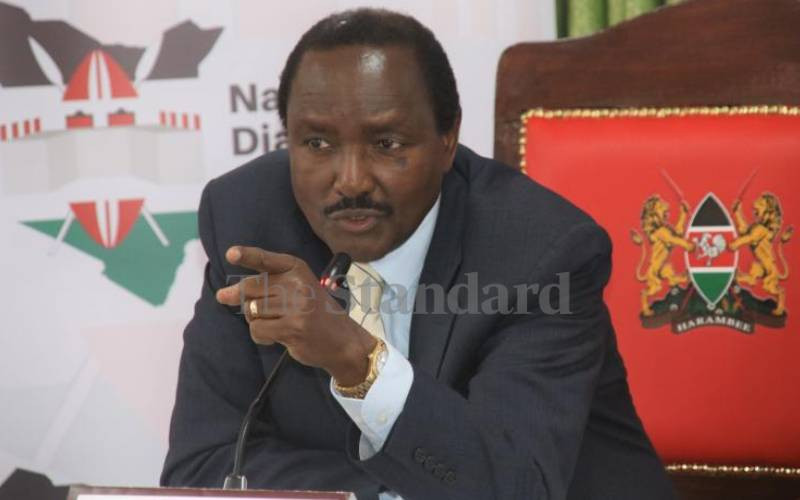×
The Standard e-Paper
Home To Bold Columnists

The National Dialogue Committee concluded its final deliberations Thursday and announced it had reached a consensus on all five issues including the cost of living.
This marks the end of the 73 days of extensive engagements.